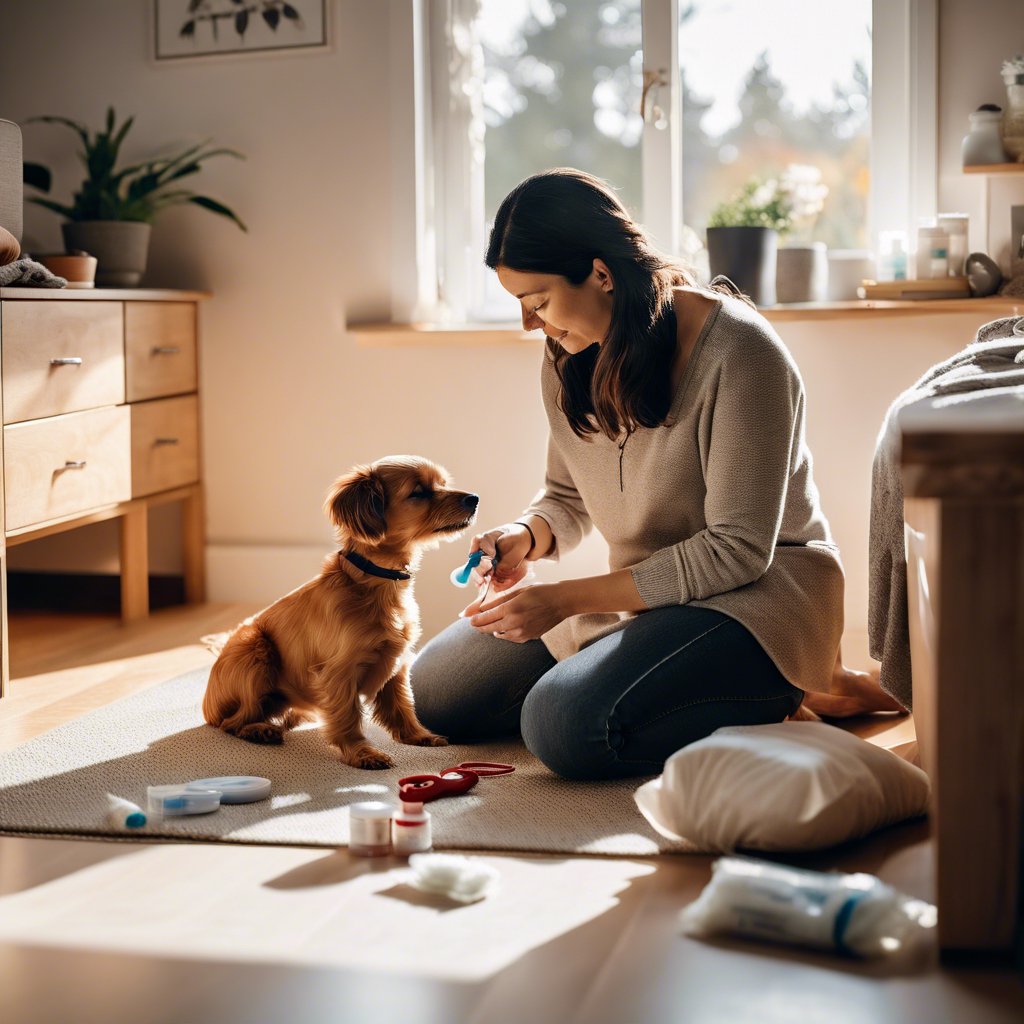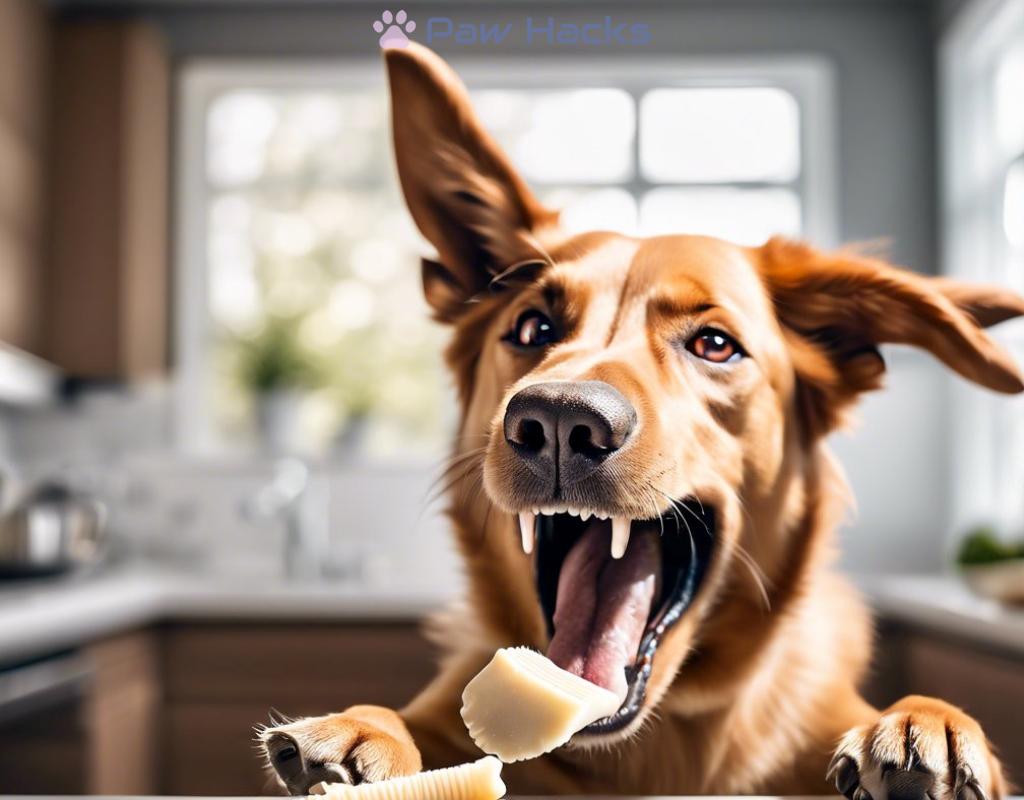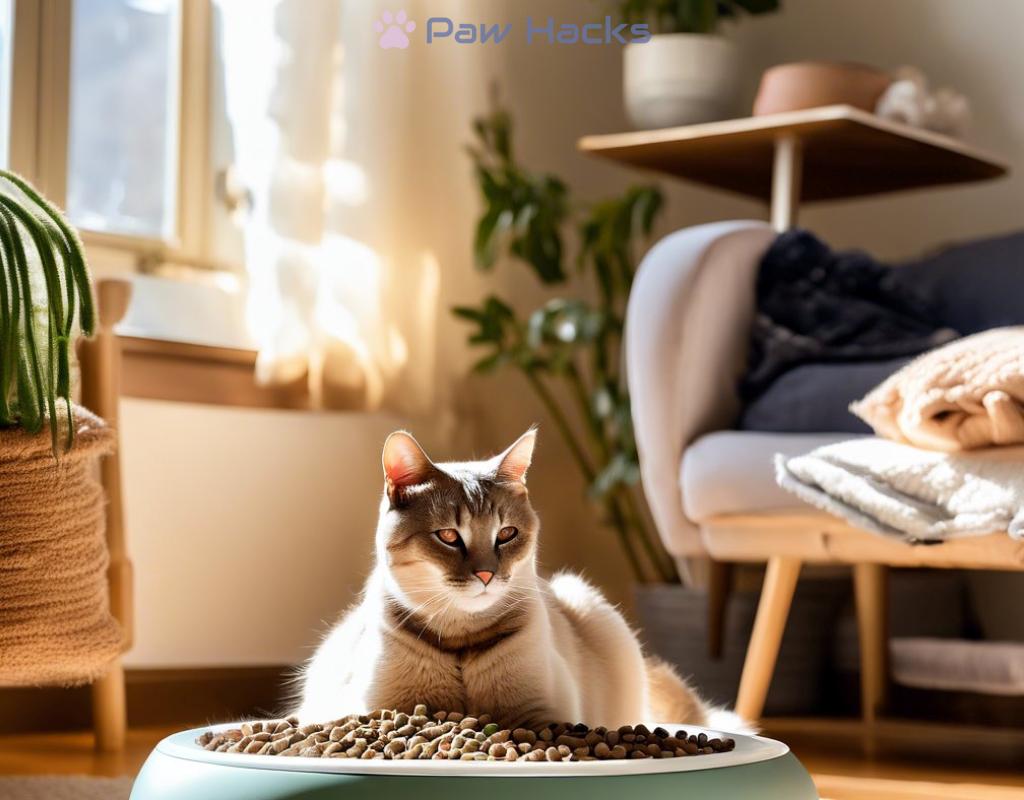Treating Minor Pet Wounds at Home
Understanding Minor Pet Wounds

As pet owners, we often encounter minor wounds on our furry companions. These injuries can occur during playtime, outdoor adventures, or even from the occasional skirmish with other animals. While it’s always best to consult a veterinarian for serious injuries, knowing how to treat minor wounds at home can empower you to provide immediate care when necessary.
Minor wounds may include small cuts, scrapes, or abrasions that usually do not require extensive medical intervention. However, proper treatment is crucial to prevent infection and promote healing. Below, we’ll explore some essential steps to take when addressing these minor injuries.
Essential Steps for Treating Minor Wounds
When treating your pet’s minor wounds at home, following a systematic approach can make all the difference. Here’s a list of steps to guide you through the process:
- Assess the Injury: Determine the severity of the wound. If it’s bleeding heavily or appears infected, seek veterinary care immediately.
- Clean the Wound: Rinse the affected area gently with lukewarm water to remove dirt and debris. Avoid using hydrogen peroxide, as it can damage tissue.
- Disinfect: Apply a pet-safe antiseptic solution to the area to prevent infection.
- Bandage if Necessary: If the wound is in a location that may get dirty or is likely to be licked, consider covering it with a sterile bandage.
- Monitor for Signs of Infection: Keep an eye on the wound for swelling, redness, or discharge. If any of these symptoms appear, contact your veterinarian.
By following these steps, you can ensure that your pet’s minor wounds heal quickly and without complications.
When to Seek Professional Help
While many minor wounds can be treated at home, there are times when professional intervention is necessary. Understanding the signs that indicate a need for veterinary care is essential for your pet’s health.
Signs that you should seek professional help include:
- Persistent bleeding that does not stop after a few minutes
- Wounds that are deep, jagged, or large
- Signs of infection, such as swelling, warmth, or pus
- Uncontrolled pain or distress from your pet
Remember, your veterinarian is your best resource for ensuring your pet receives the care they need.
Share this content:



